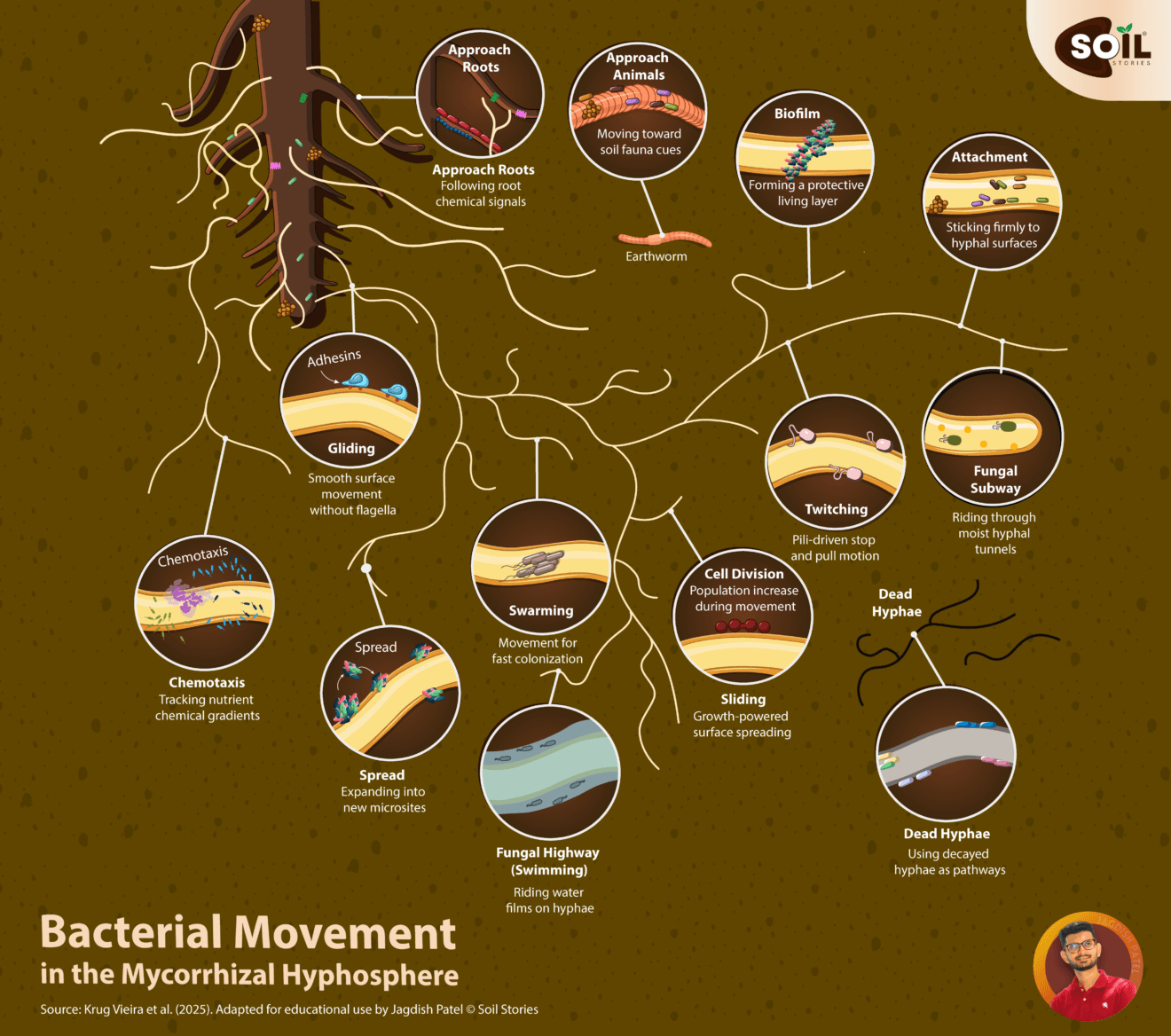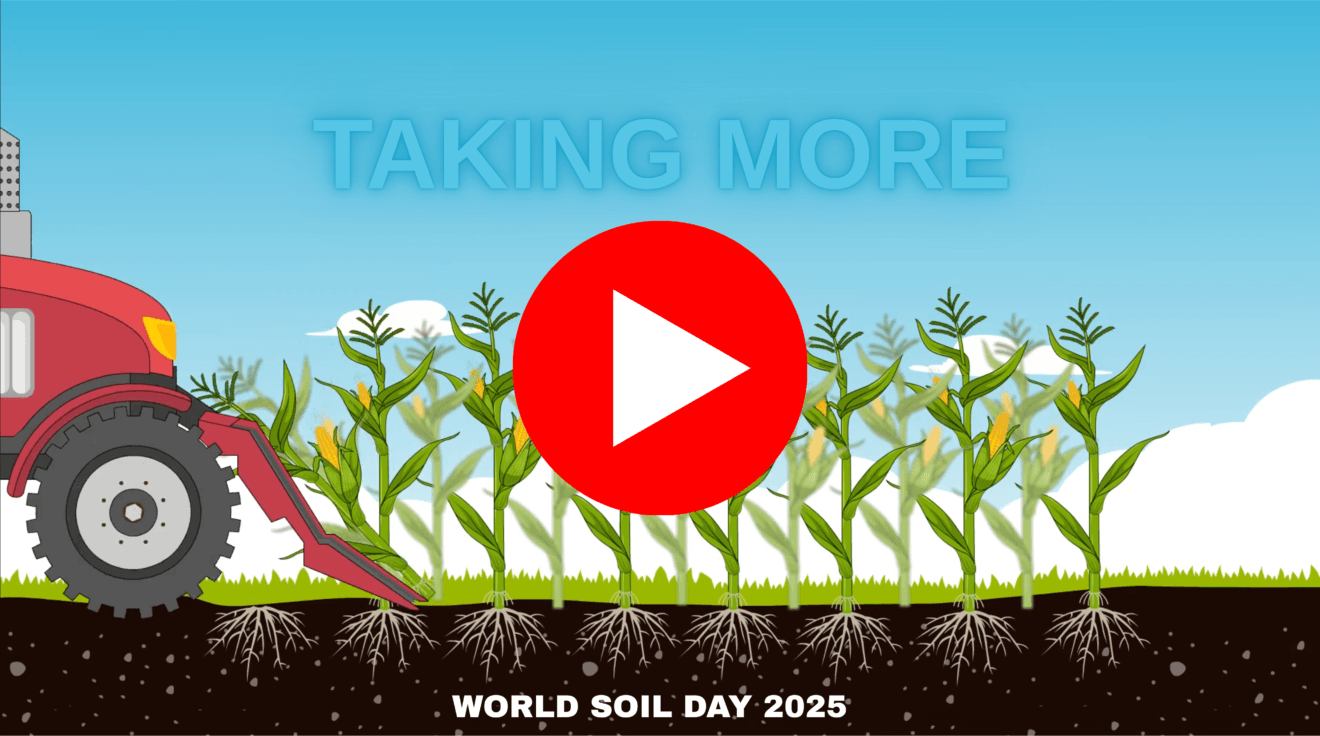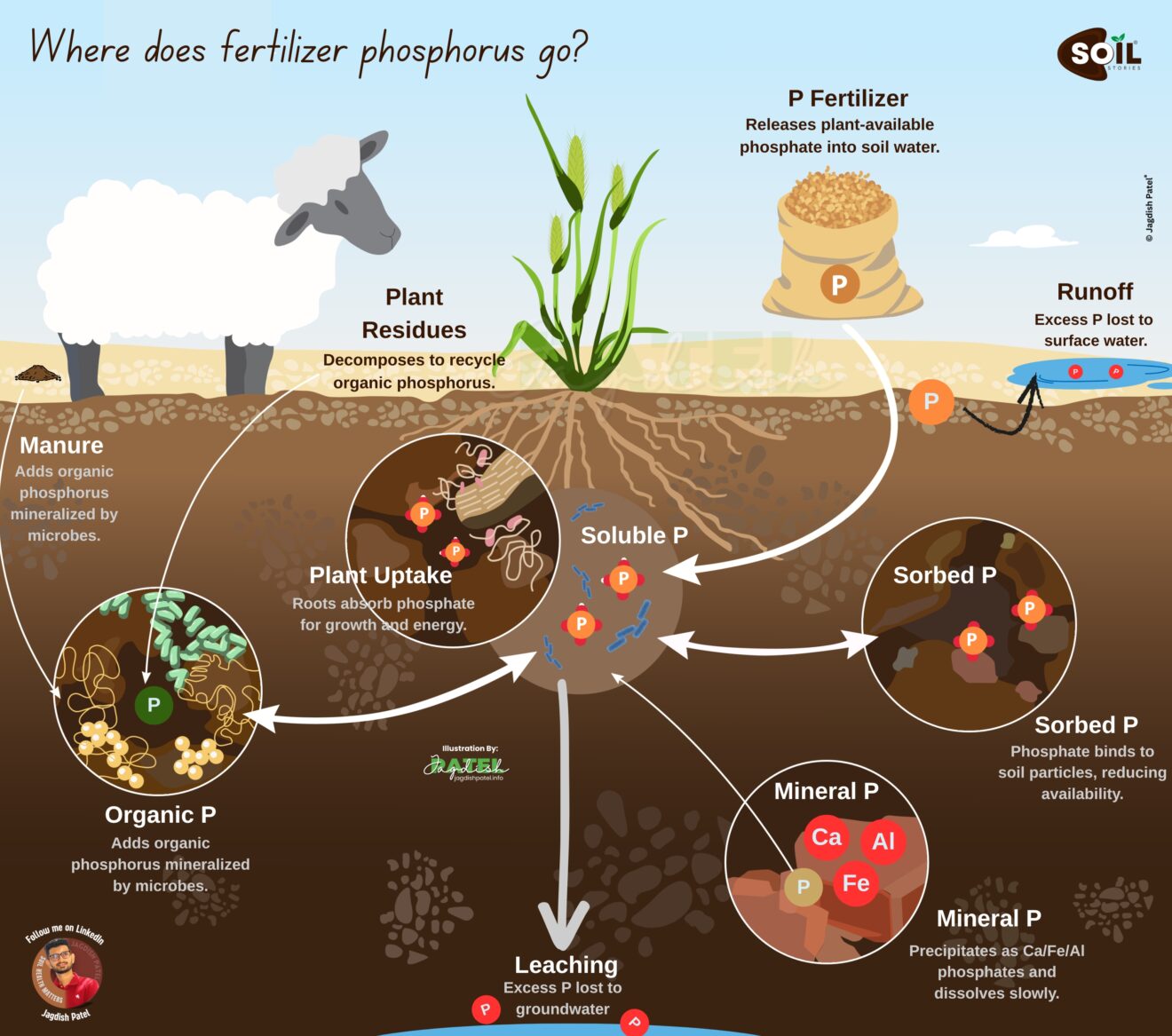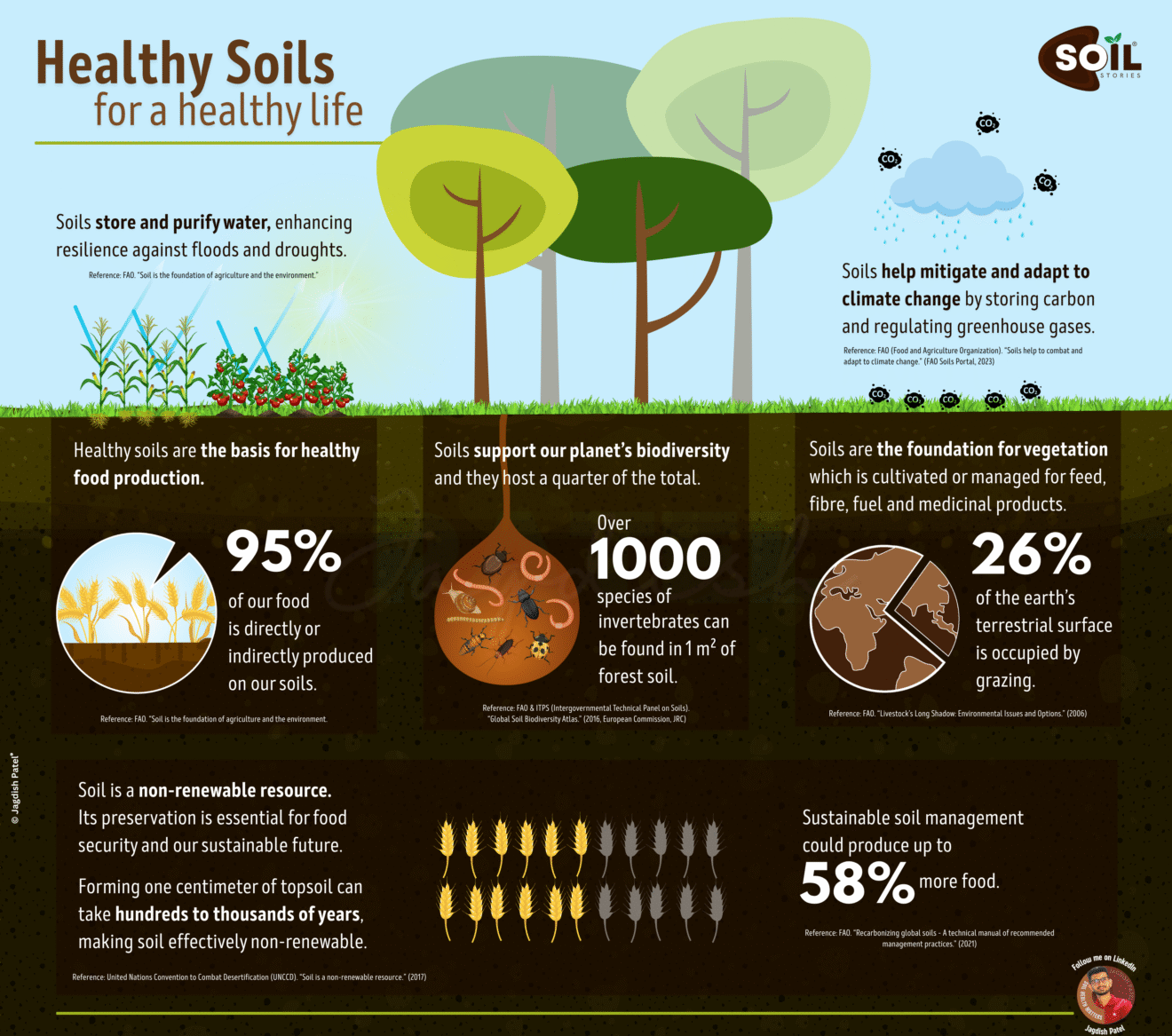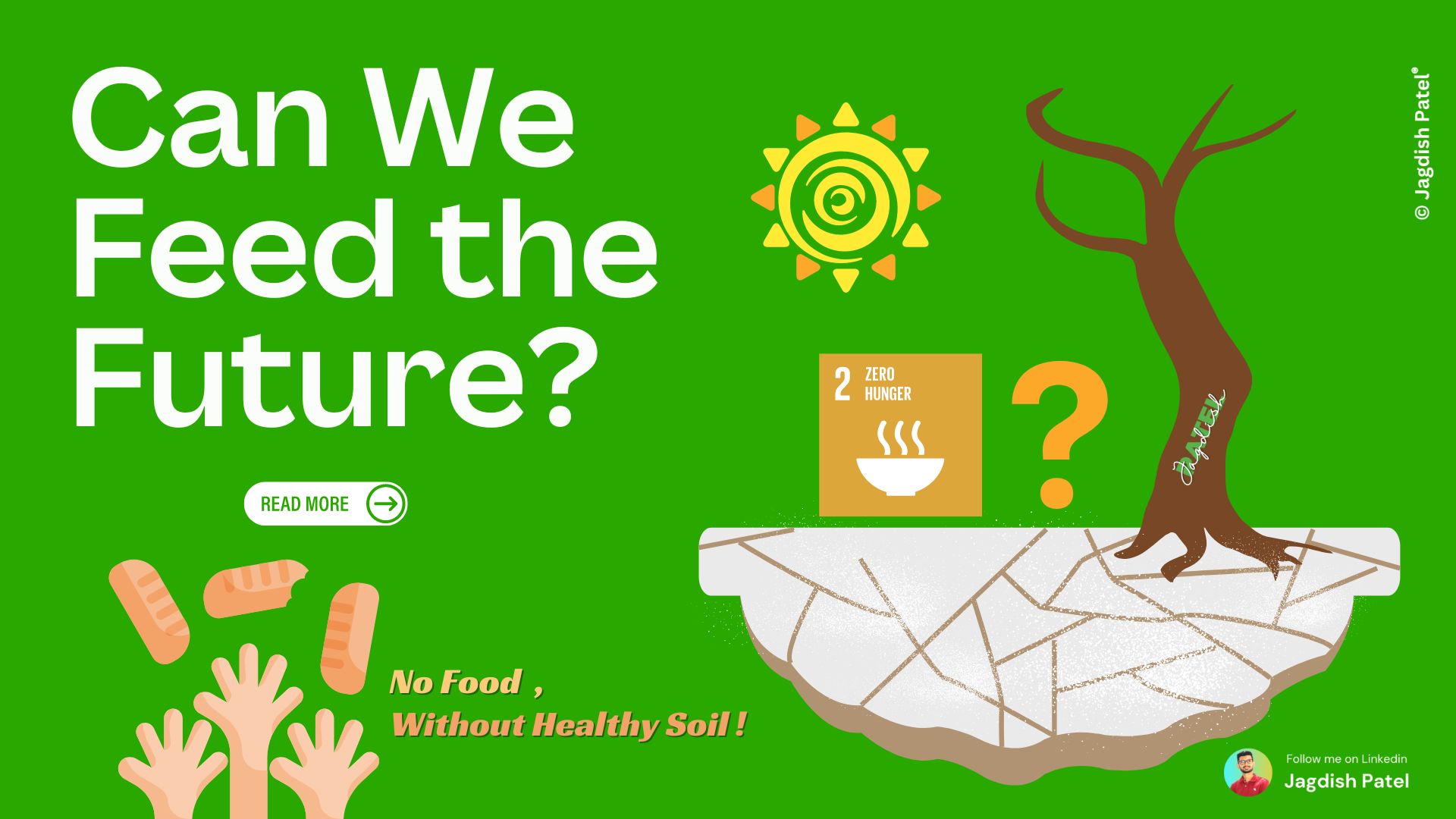
Did you know that the overuse of chemical fertilizers can reduce soil microbial diversity by up to 75%? This loss of biodiversity poses a significant threat to the foundation of our food production.
🌱🌍 Chemical fertilizers are commonly used to boost crop yields, but they also harm the delicate balance of the soil’s microbial life. This poses a serious risk to our future food supply.
Let’s explore why.
🔬 These fertilizers disrupt the intricate balance of the soil microbiome, which is crucial for maintaining soil health and fertility.
🌱 Microbes play a vital role in nutrient cycling, decomposition, and disease suppression. The decline in microbial diversity negatively impacts plant growth and productivity.
🌾 When microbial diversity is reduced, plants receive fewer nutrients, making them more susceptible to soil-borne diseases. This disruption also leads to ecosystem imbalances.
🐛 Consequently, crop losses, soil degradation, and reduced resilience to environmental changes become more prevalent.
🌍 As the global population continues to grow, the demand for food increases. However, relying heavily on chemical fertilizers jeopardizes sustainable food production.
🌱 To address this issue, we need to adopt sustainable practices that involve reducing the use of chemical fertilizers and promoting natural farming.
🌾 By prioritizing soil health and microbial biodiversity, we can ensure the long-term sustainability of agriculture and enhance food security.
🌍 Let’s work together to protect our soil, nurture its microbial life, and secure a sustainable future. 🌱🌍🌾
Sources and related content:
Reganold, J. P., & Wachter, J. M. (2016). Organic agriculture in the twenty-first century. Nature Plants, 2(2), 15221.

